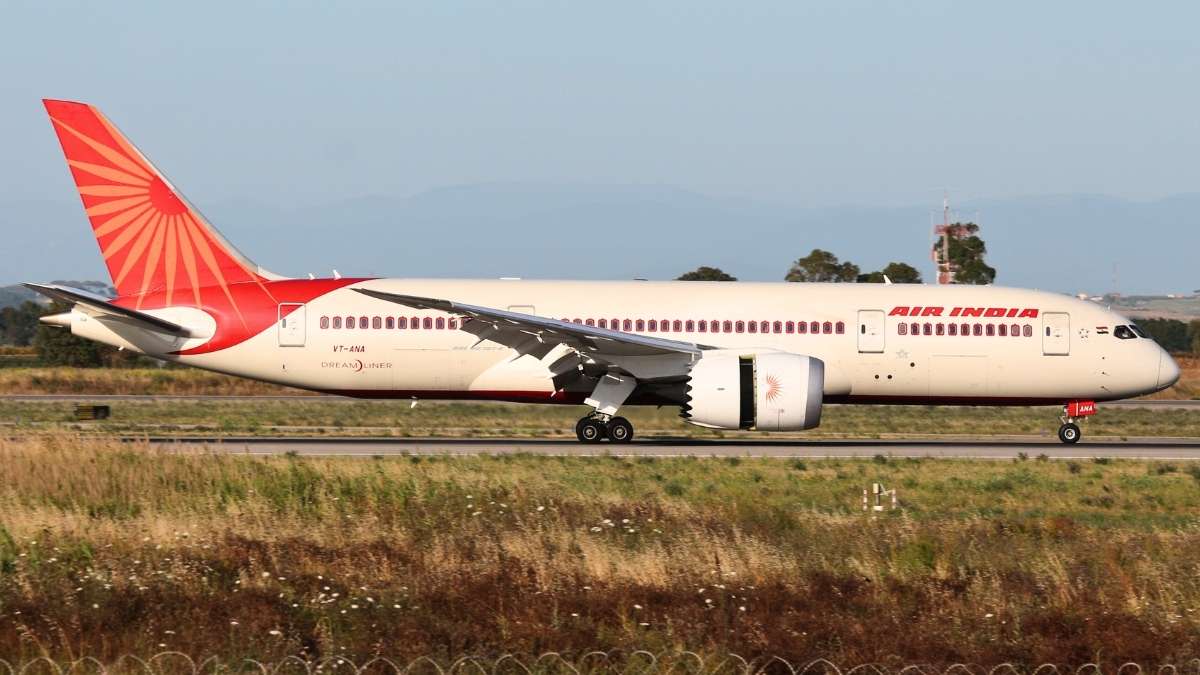India Tourism Boils as Travel Halted at Thirty Two Airports Including Srinagar, Amritsar, Gwalior Till Mid May Amid India-Pakistan Tensions as Singapore, Air Canada, Emirates and More Cancel Flights
Saturday, May 10, 2025

India has suspended travel operations at thirty-two airports—including Srinagar, Amritsar, Leh, Bhuj, and Jodhpur—until 5:29 a.m. Mid May as escalating border tensions with Pakistan trigger widespread flight cancellations, rerouted air traffic, and heightened security across the aviation network. The temporary shutdown, enforced through official NOTAMs, has disrupted both domestic and international routes, with airlines like IndiGo, Air India, United Airlines, Korean Air, and Singapore Airlines cancelling or rerouting flights to avoid conflict zones. In parallel, Indian authorities have intensified airport security nationwide, banning visitor entry, mandating secondary checks, and urging passengers to arrive early amid operational chaos and growing global safety concerns.
The Airports Authority of India (AAI) has issued multiple Notices to Airmen (NOTAMs), announcing the full suspension of civil flight operations at across northern and western India from May 9 until 5:29 a.m. IST on May 15. The affected airports include , and . These closures come amid escalating India-Pakistan tensions following cross-border military action, and form part of intensified airspace management and national aviation security controls.
While originally slated to end on May 10, the airspace closure has been extended due to “operational reasons” tied to the prevailing security crisis.
The closure of 32 Indian airports and the volatile India-Pakistan situation have triggered widespread disruption for both domestic and international airlines, leading to mass flight cancellations, extensive rerouting, and major delays across regions.
These large-scale disruptions have not only delayed passenger itineraries but have also strained regional aviation networks, with airlines warning of and due to restricted airspace.
Flight tracking platforms like showed a visible shift in global flight paths, with many aircraft rerouted over , raising concerns of in the Gulf region.
The aviation disruptions follow a sharp military escalation. India conducted airstrikes on , claiming it was targeting “terrorist infrastructure” linked to the in Indian Kashmir. In response, Pakistan claimed to have , and temporarily closed its own airspace.
Pakistani officials said that at the time of India’s strikes, were airborne in its territory, including aircraft from . Prime Minister Shehbaz Sharif’s office stated that the Indian actions posed “grave danger” to regional aviation and passenger safety.
India has not formally commented on Pakistan’s accusations, but mutual have already been imposed by both sides.
Aviation observers and safety groups have voiced concerns about the . The noted that, beyond operational costs, a major risk is , which has reportedly interfered with navigation systems in regional conflict zones.
“GPS spoofing is one of the highest safety threats facing commercial aviation in conflict-prone areas,” the association said in a statement. Malicious manipulation of GPS data could cause aircraft to deviate from their intended flight paths, significantly endangering flights.
Alongside airspace management, India’s has ordered across all functioning airports:
Airlines including , , and are urging passengers to arrive at least and ensure they carry government-approved ID documents for verification.
While and airports remain open, they have not been immune to disruption. Delhi Airport reported , including and 63 domestic arrivals, with nine international flights also affected. Mumbai Airport has also warned travelers to expect longer wait times due to intensified screening and security checks.
India has halted travel operations at thirty-two airports—including Srinagar, Amritsar, and Gwalior—until mid-May due to escalating tensions with Pakistan following cross-border military strikes. The move has triggered widespread flight cancellations and rerouting by global carriers like Singapore Airlines, Air Canada, Emirates, and others, disrupting regional and international travel.
Airlines and airport authorities continue to advise all travelers to check their flight status in real-time and monitor updates from carriers. With the closure in place through May 15, and airspace restrictions possibly extending further depending on geopolitical developments, aviation in South Asia remains in a state of high alert and active disruption.











